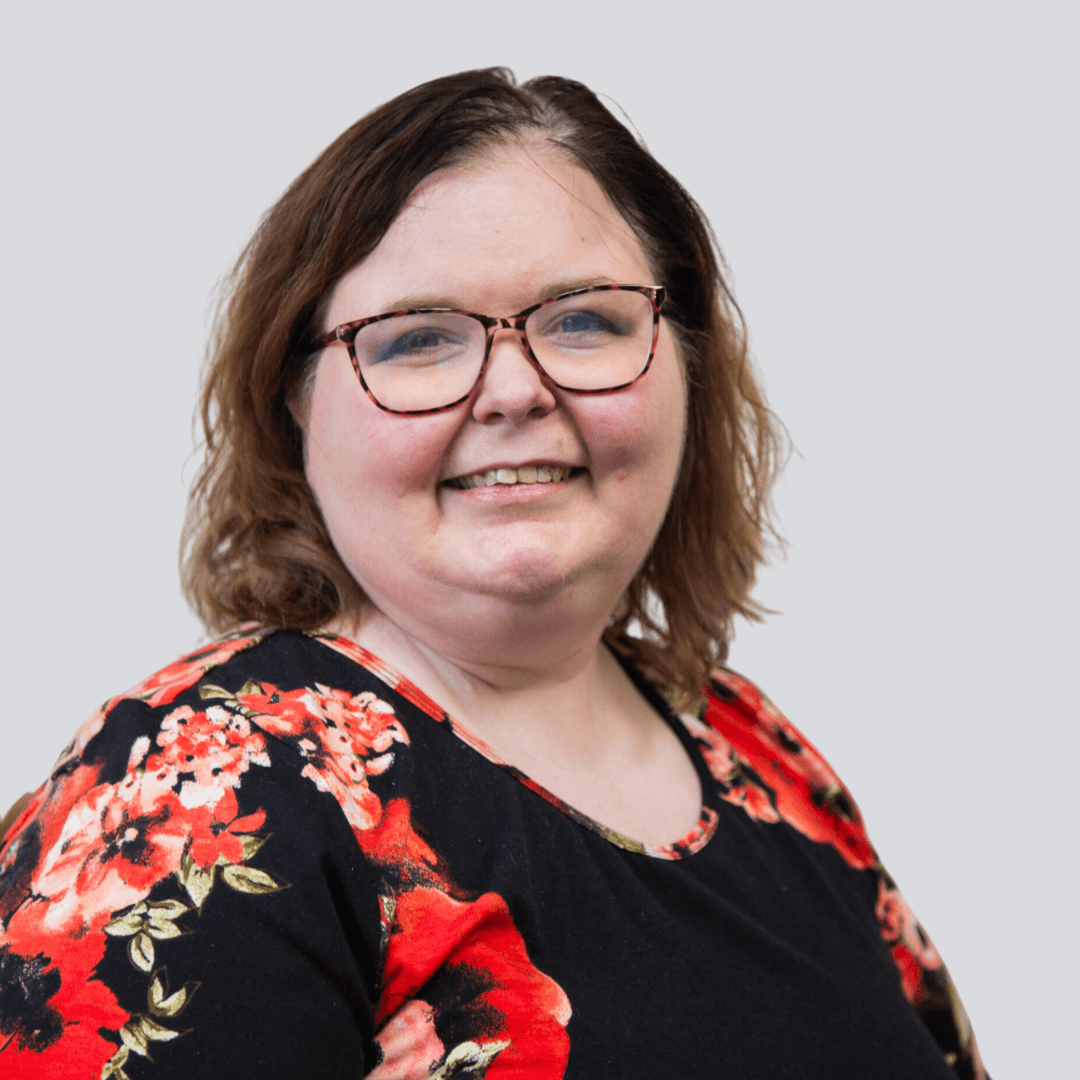Prescription mental health support tailored just for you
Sometimes, seeking help means finding the right balance, and for some, that might include medication. We’re here to provide guidance and resources tailored to your unique mental health journey.


Affordable and Accessible
We believe everyone should have easy access to mental health care. That’s why we’ve established in-network relationships with most major insurance providers.
The right medication can make all the difference
Whether your symptoms are mild or severe, our specialists can provide the transformative care you need to feel better. From antidepressants to genetic testing and light therapy, our clinicians offer a wide range of treatments.
Speak Now With A Care Coordinator
Get Help For:
- ADHD
- Anxiety
- Acute Stress Disorder
- Bipolar Disorder
- Depression
- Grief
- OCD
- Panic Disorder
- Phobias
- Postpartum Depression
- PTSD
- Seasonal Affective Disorder
- Insomnia

Our Providers
Frequently Asked Questions
What is the difference between therapy and psychiatry?
Therapy, often provided by psychologists, social workers, or counselors, involves talking through emotional and psychological challenges to gain insight and develop coping strategies. Whereas, psychiatry, typically led by medical doctors, focuses on the diagnosis and treatment of mental health issues using medication alongside therapy when necessary. While therapy emphasizes conversation and behavioral strategies, psychiatry integrates medication management to address biochemical imbalances in mental health conditions.
Do you provide support for medication management?
Yes, we do offer support for medication management as part of our comprehensive mental health services. Our experienced professionals work closely with you to assess, prescribe, and monitor medications, ensuring an integrated and effective approach to mental health care.
What kind of medications are prescribed on Headlight?
Instead of a one-size-fits-all approach, your psychiatric clinician will collaborate with you to determine which medication is best for you.
What can I expect from my first psychiatry appointment?
During your first psychiatry appointment, you can expect a comprehensive evaluation where the psychiatrist will discuss your medical history, current symptoms, and any relevant life factors. They may ask about your goals for treatment and, if necessary, provide recommendations for medication or further therapeutic interventions tailored to your mental health needs.
Who is Headlight for?
Headlight is for everyone. Taking care of your mental health is a sign of strength, and choosing to better oneself is an empowering decision. We provide mental health services to those seeking a bright path forward.

More than 50% of Americans struggle with mental health.
Headlight is now collaborating with health plans and companies to make therapy more accessible and affordable. Speak to a Care Coordinator today.









